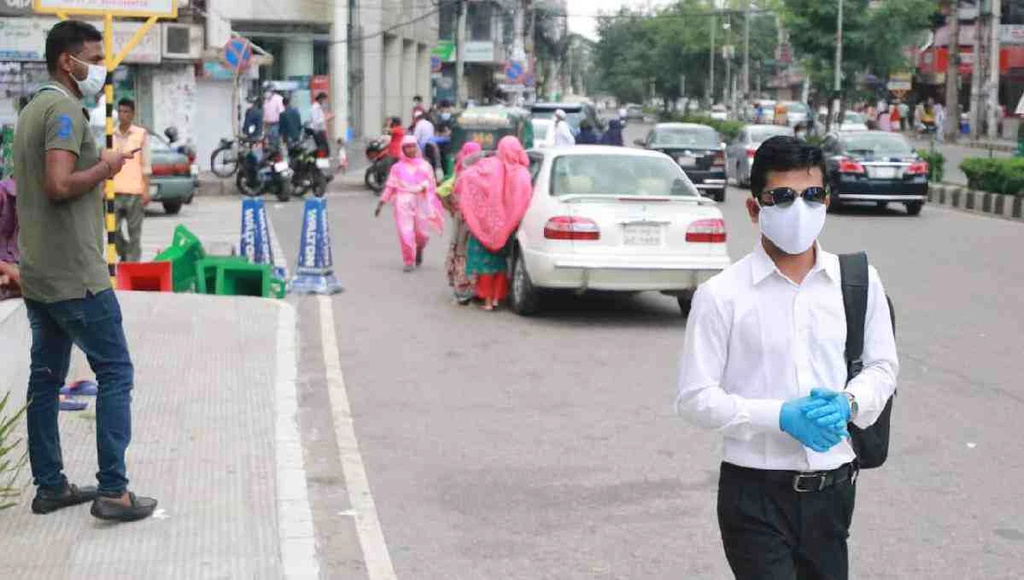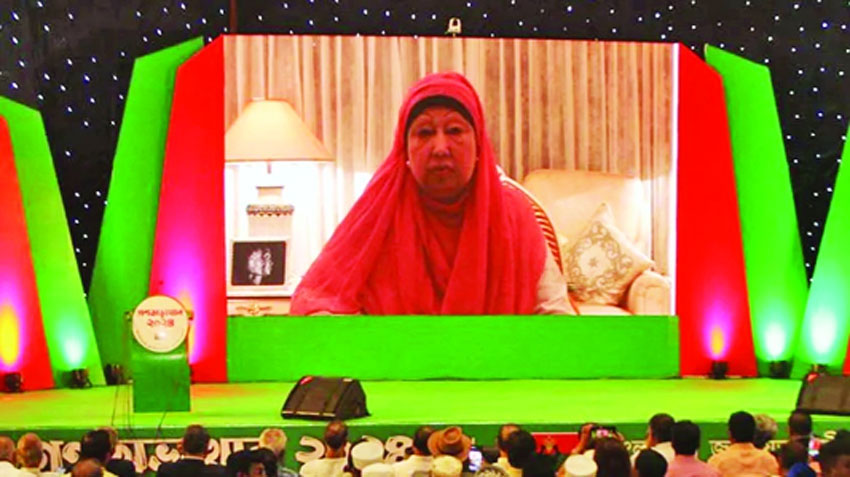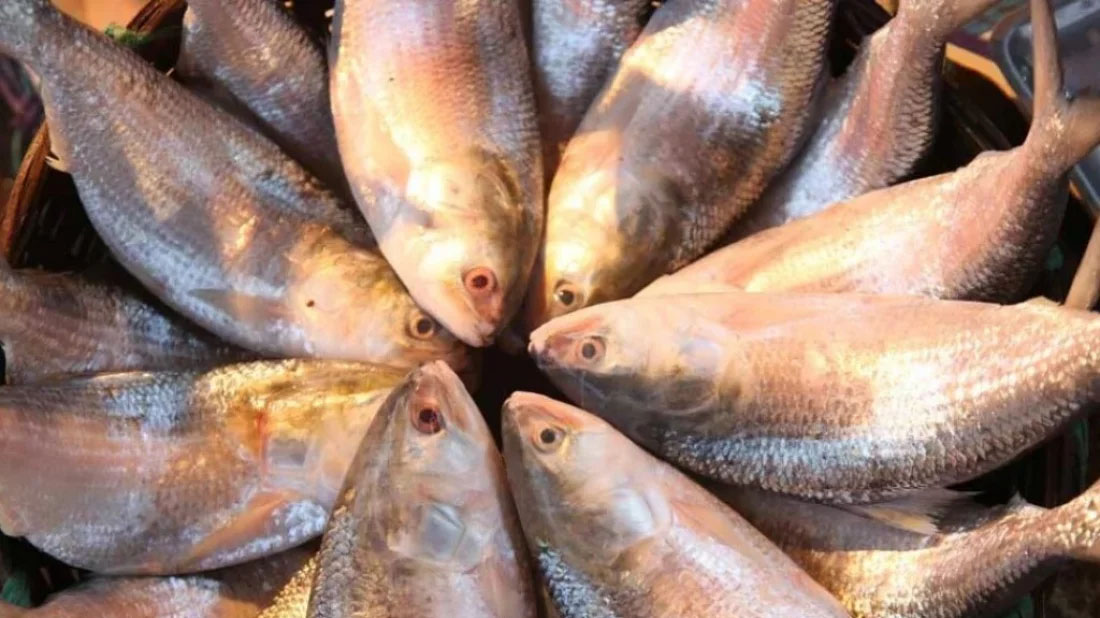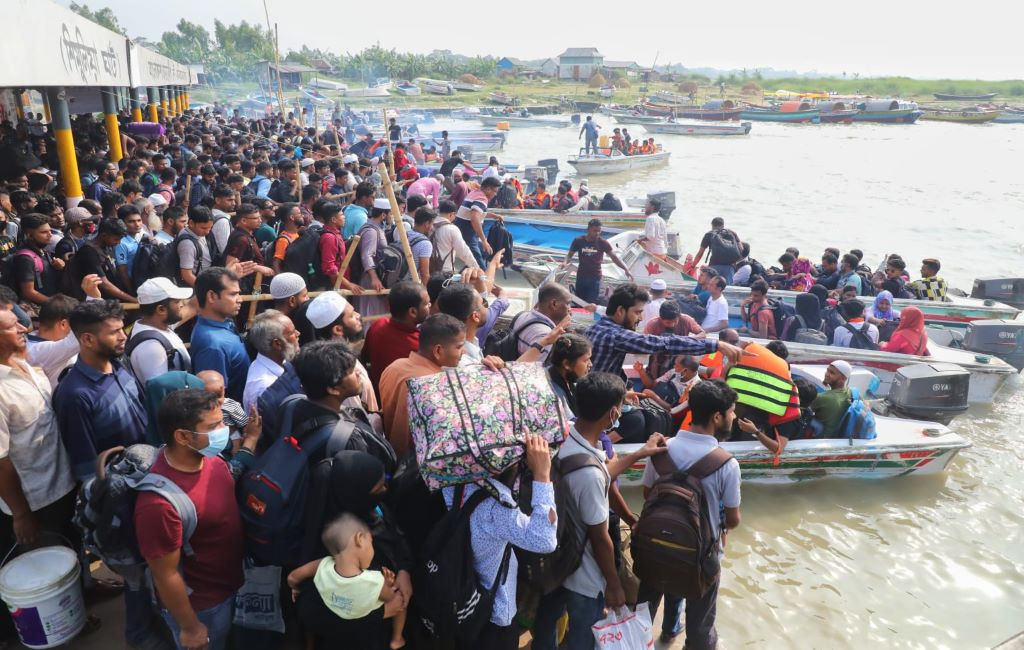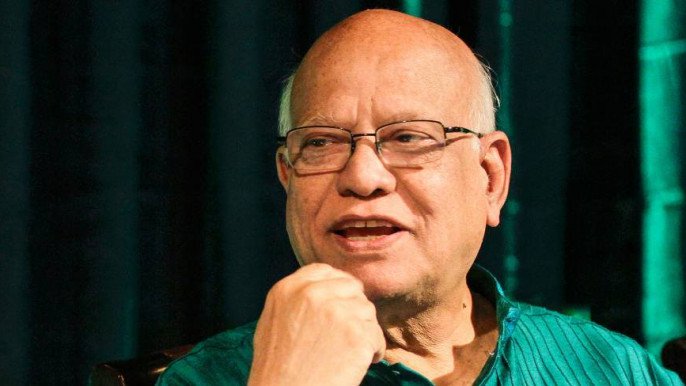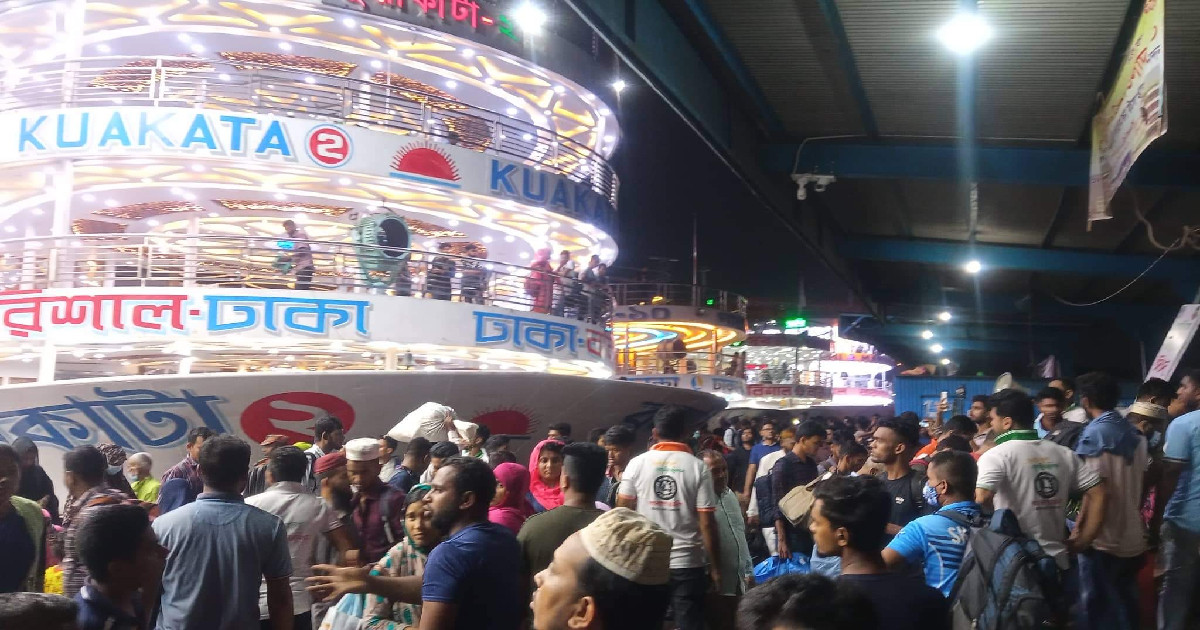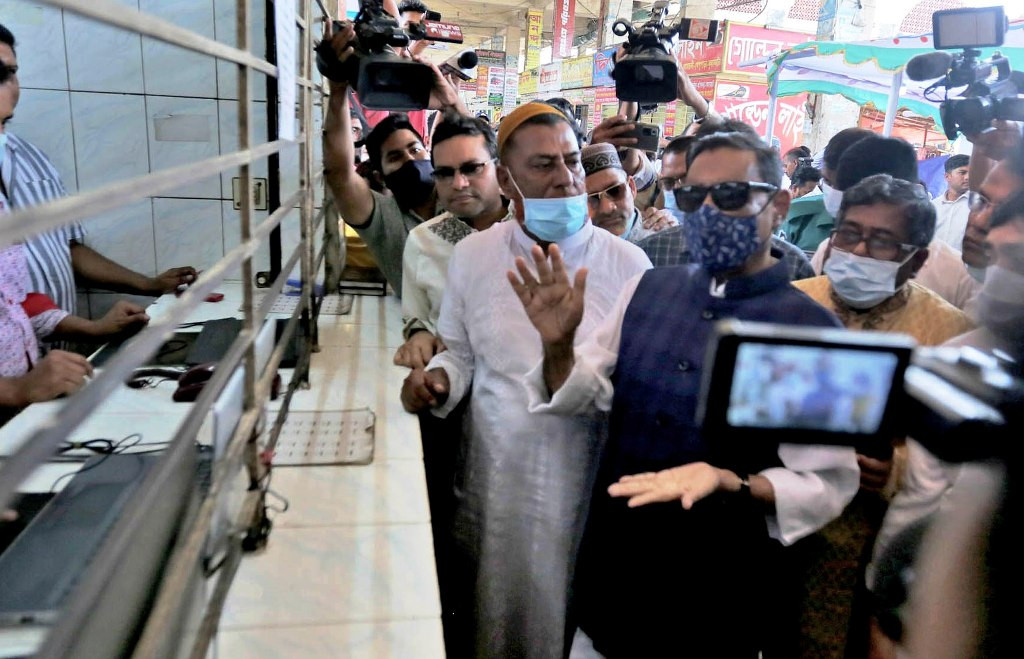- 2021-07-23 23:36:20
- LAST MODIFIED: 2025-12-14 16:39:57
Brazil reopens amid looming threat from delta variant
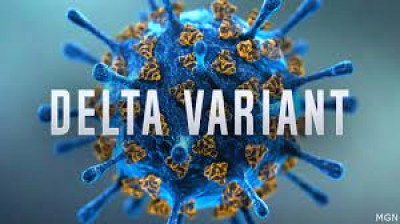
International Desk: Dhaka, Jul-24,
With the number of coronavirus deaths starting to recede in Brazil, a renewed sense of optimism has led state governors to roll back restrictions, soccer fans are starting to return to stadiums, and the mayor of Rio de Janeiro has said the city’s famous New Year’s party is back on.
But one question looms over these early signs of recovery: What will happen as the delta variant of COVID-19 spreads through the mostly unvaccinated country, which already has the world’s second-highest death toll with 547,000 fatalities?
The variant is boosting cases and deaths globally after a period of decline, and the World Health Organization anticipates it will become dominant within months. The race is on to vaccinate as many Brazilians as possible.
Countries that succeeded in doing so, like the U.K., have seen infections soar in recent weeks — but without a corresponding rise in serious illnesses or deaths.
Experts are concerned that it is unlikely Brazil can do the same in time.
“It will be explosive,” said Gonzalo Vecina, a professor of public health at the University of Sao Paulo. “There will be a new wave. We are opening too much.”
Brazil’s Health Ministry counted 140 cases of the delta variant by Friday, including its three most populous states, and 12 deaths. Analysts say the figures are vast undercounts due to a lack of testing and genome sequencing.
President Jair Bolsonaro has long opposed restrictions and played down COVID-19′s risks, often saying infection is inevitable. Lawmakers have begun investigating his administration’s handling of the pandemic, particularly why officials appear to have been slow to acquire vaccines.
Health Minister Marcelo Queiroga says getting more of the population vaccinated is the best way to stop the variant, but he insists that Brazil must resume its economic activities.
“We have available hospital bed capacity and we will live with this pandemic until we can control it definitively,″ Queiroga said Wednesday. He stressed the importance of knowing whether each person infected with the variant has already had one shot or two.
British researchers found that two doses of either the Pfizer or AstraZeneca vaccines were only slightly less effective at blocking delta’s symptomatic illness, compared with earlier variants. Importantly, the vaccines were hugely effective at preventing hospitalization.
But just one dose proved far less effective than against other variants. That prompted Britain, which earlier extended the gap between doses, to speed up second shots. There’s little information on the efficacy of other vaccines against the variant.
That’s worrisome for Brazil, where 17% of the population is fully vaccinated and 44% have received the first of two shots. The AstraZeneca shot makes up nearly half of all vaccines administered, China’s Sinovac more than a third, and Pfizer most of the rest.
Sao Paulo Gov. João Doria is among those leaders considering a booster shot for those who got two Sinovac doses. At the same time, he allowed businesses to stay open later and increase their customer capacity.
Pernambuco’s government similarly loosened restrictions for bars and social events on July 5 — the same day the northeastern state identified its first two delta cases.
Federal District Gov. Ibaneis Rocha allowed 15,000 spectators to attend a soccer match this week — the first professional club match attended by fans in Brazil since the pandemic began. Shortly before the game, the district’s health secretary confirmed delta variant cases in the region.
“The information that governors are conveying to people is that the pandemic is under control,” said Ethel Maciel, an epidemiologist at the Federal University of Espirito Santo. “We shouldn’t be talking about control, or the pandemic coming to an end when less than 20% of people are fully vaccinated and more than 1,000 people are dying every day.”
Israel and the Netherlands reopened widely after vaccinating most of their citizens, but they had to reimpose some restrictions after new surges of infections. The Dutch prime minister said lifting restrictions too early “was a mistake.”
In the U.K, where delta has become dominant, infections have surged in the past two months to the highest level since January. Officials repeatedly expressed confidence that, with more than two-thirds of the adult population fully vaccinated, the impact would be lessened. Indeed, daily deaths remain under 5% of the peak.
Indonesia trails Brazil in the rate of vaccinations, and on Thursday, the Southeast Asian country reported its deadliest day since the start of the pandemic. Sinovac was the predominant vaccine there, but with growing concern that the shot is less effective against delta, the government is planning booster shots of other vaccines.
Brazilians are paying attention to reports of the delta variant causing havoc in U.S. states with low vaccination rates. Still, many remain optimistic with Brazil’s death toll down almost two-thirds from April.
Claudio Santos, 64, was calmly ordering food at a juice bar in Rio on Wednesday when he remembered his mask was too old and needed replacing.
“It’s a little different since the start of this month. We have this perception more people are vaccinated, we don’t hear every day that someone we know got COVID,” Santos said. “Of course, we are worried about the new variant, but I haven’t panicked since the pandemic began and don’t plan to now. I got my shots and life is going back to some kind of normal.”
Delta’s impact may be cushioned by the highly contagious gamma variant, which emerged in the Amazonian city of Manaus and has already established dominance across Brazil, said Felipe Naveca, a Manaus-based virologist at the state-run Fiocruz Institute who studies the variants.
Brazil conducts hardly any genomic sequencing of coronavirus tests, compared with the U.S and the U.K., said Maciel, the epidemiologist. In Rio state, the most recent study found gamma accounted for 78% of 380 samples and delta 16%, according to its health secretariat.
Delta has been detected in at least 18 Latin America’s countries, according to the Pan-American Health Organization.
It comprises almost two-thirds of all sampled cases in Mexico City, health officials said last week. Mexican Foreign Minister Marcelo Ebrard suggested that its spread had contributed to the U.S. decision to postpone reopening its border. The death toll in Mexico has begun ticking upward after months of decline.
In Cuba, the delta variant has caused the collapse of Matanza province’s health care system. A medical team sent to aid Venezuela was recalled to cope with a crush of patients.
A greater share of Cuban and Mexican populations are fully vaccinated than Brazil’s, according to Our World in Data, an online research site.
Denise Garrett, an epidemiologist and vice president of the Sabin Vaccine Institute, said she believes the Brazilian health care system will buckle if it doesn’t prepare for surging COVID-19 infections.
“We are seeing it happen in countries with a bigger vaccination coverage,” Garrett said. “There is nothing that should make us think that Brazil will be any different.”

